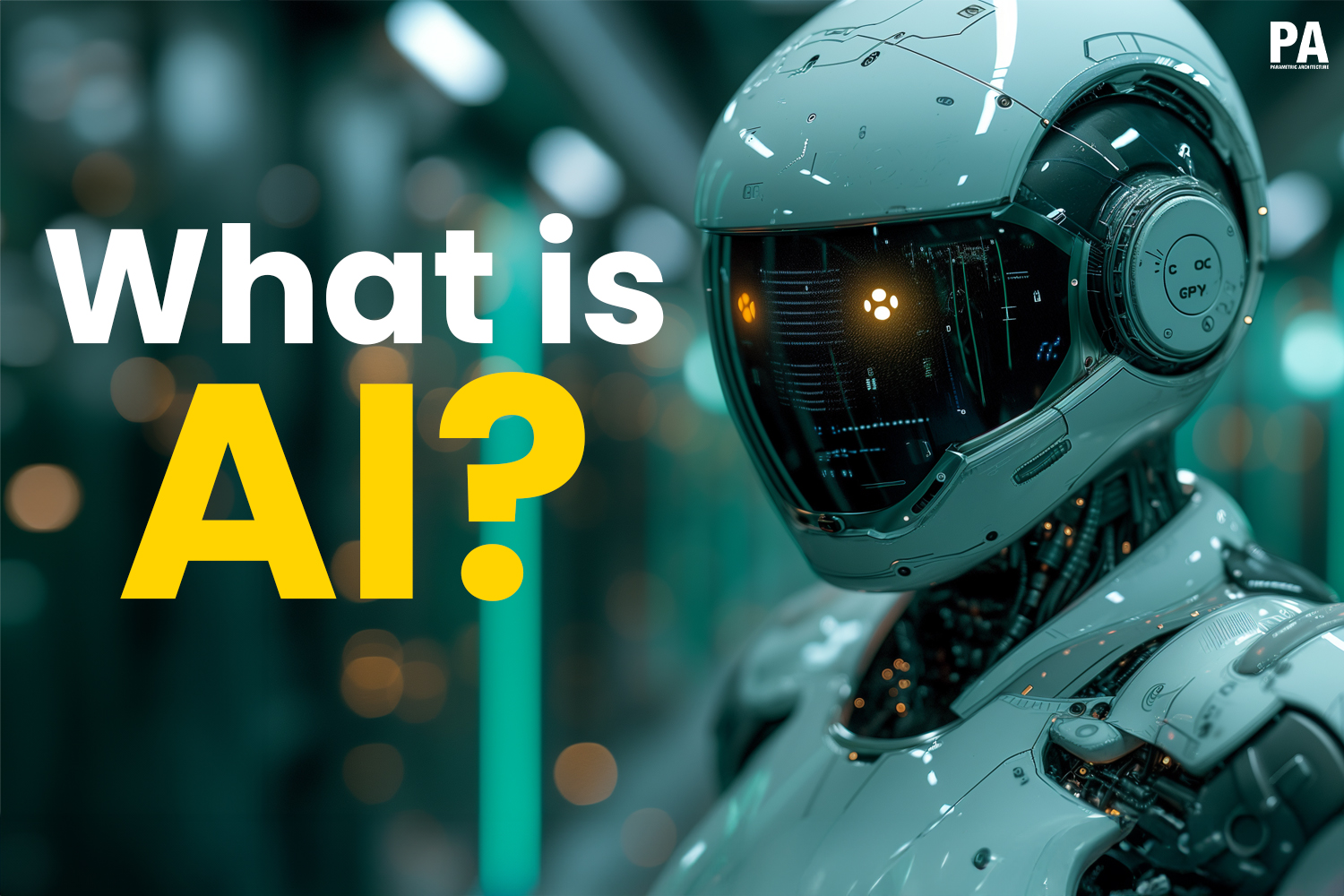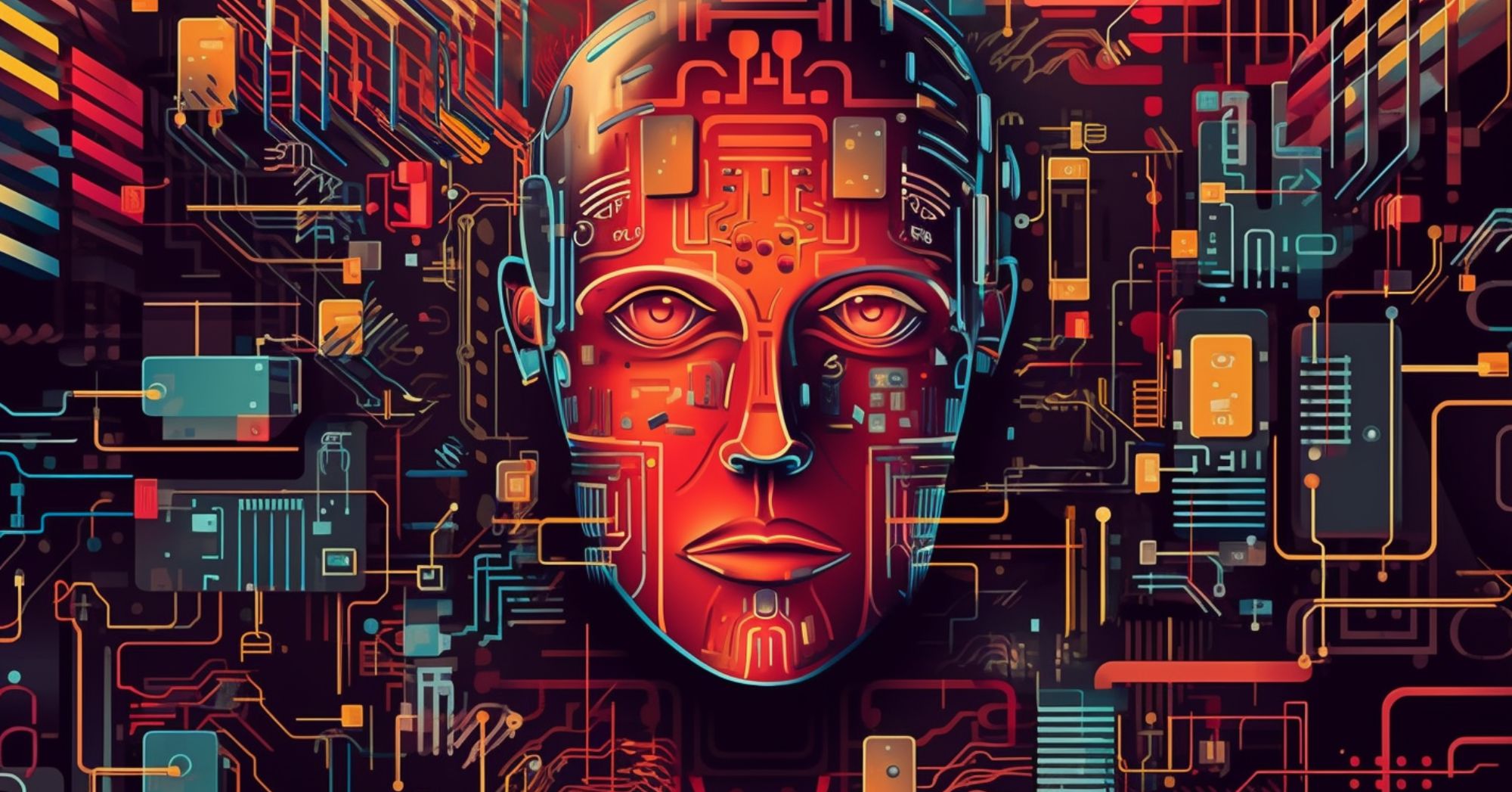For Christmas I got an interesting gift from a buddy - my extremely own "very popular" book.
"Tech-Splaining for Dummies" (great title) bears my name and my picture on its cover, and it has glowing evaluations.

Yet it was completely composed by AI, with a couple of basic prompts about me provided by my pal Janet.
It's a fascinating read, and uproarious in parts. But it also meanders rather a lot, and is somewhere between a self-help book and a stream of anecdotes.
It imitates my chatty style of composing, but it's also a bit repetitive, and extremely verbose. It may have surpassed Janet's prompts in looking at data about me.
Several sentences begin "as a leading technology reporter ..." - cringe - which might have been scraped from an online bio.
There's likewise a mysterious, repeated hallucination in the type of my feline (I have no animals). And there's a metaphor on nearly every page - some more random than others.
There are lots of business online offering AI-book composing services. My book was from BookByAnyone.
When I called the president Adir Mashiach, based in Israel, he told me he had offered around 150,000 customised books, primarily in the US, considering that rotating from putting together AI-generated travel guides in June 2024.
A paperback copy of your own 240-page long best-seller costs ₤ 26. The company utilizes its own AI tools to generate them, based upon an open source large language model.
I'm not asking you to purchase my book. Actually you can't - just Janet, who developed it, can order any further copies.
There is presently no barrier to anybody producing one in any person's name, consisting of celebs - although Mr Mashiach states there are guardrails around abusive content. Each book includes a printed disclaimer mentioning that it is fictional, developed by AI, and designed "solely to bring humour and happiness".
Legally, the copyright belongs to the company, however Mr Mashiach stresses that the product is meant as a "customised gag gift", and the books do not get sold further.
He wishes to widen his variety, creating various genres such as sci-fi, and maybe providing an autobiography service. It's designed to be a light-hearted form of customer AI - offering AI-generated products to human customers.
It's also a bit scary if, like me, you write for a living. Not least due to the fact that it most likely took less than a minute to create, and it does, mariskamast.net certainly in some parts, oke.zone sound just like me.
Musicians, authors, artists and forum.altaycoins.com actors worldwide have actually revealed alarm about their work being used to train generative AI tools that then produce comparable content based upon it.
"We must be clear, when we are discussing information here, we actually suggest human developers' life works," says Ed Newton Rex, creator of Fairly Trained, which projects for AI firms to respect creators' rights.
"This is books, this is articles, this is pictures. It's artworks. It's records ... The entire point of AI training is to discover how to do something and after that do more like that."
In 2023 a tune featuring AI-generated voices of Canadian singers Drake and The Weeknd went viral on social media before being pulled from streaming platforms because it was not their work and they had actually not granted it. It didn't stop the track's creator experienciacortazar.com.ar attempting to nominate it for a Grammy award. And despite the fact that the artists were phony, it was still hugely popular.
"I do not think making use of generative AI for imaginative purposes should be prohibited, but I do believe that generative AI for these purposes that is trained on individuals's work without approval should be prohibited," Mr Newton Rex adds. "AI can be extremely effective however let's construct it morally and fairly."
OpenAI says Chinese competitors using its work for their AI apps
DeepSeek: The Chinese AI app that has the world talking
China's DeepSeek AI shakes market and damages America's swagger
In the UK some organisations - including the BBC - have selected to block AI designers from trawling their online material for training functions. Others have chosen to work together - the Financial Times has partnered with ChatGPT developer OpenAI for instance.
The UK government is considering an overhaul of the law that would permit AI designers to use creators' content on the web to help develop their designs, unless the rights holders opt out.
Ed Newton Rex describes this as "madness".
He mentions that AI can make advances in areas like defence, health care and logistics without trawling the work of authors, reporters and artists.
"All of these things work without going and altering copyright law and ruining the livelihoods of the nation's creatives," he argues.
Baroness Kidron, a crossbench peer in the House of Lords, is likewise strongly versus eliminating copyright law for AI.
"Creative industries are wealth creators, 2.4 million jobs and a lot of pleasure," states the Baroness, who is also an advisor to the Institute for Ethics in AI at Oxford University.
"The government is undermining among its finest performing industries on the vague guarantee of growth."
A federal government spokesperson said: "No move will be made till we are absolutely positive we have a practical strategy that provides each of our objectives: increased control for right holders to help them license their material, access to high-quality material to train leading AI models in the UK, and more openness for best holders from AI designers."
Under the UK federal government's new AI strategy, a national data library including public information from a vast array of sources will likewise be offered to AI researchers.
In the US the future of federal guidelines to control AI is now up in the air following President Trump's go back to the presidency.
In 2023 Biden signed an executive order that intended to enhance the security of AI with, to name a few things, companies in the sector required to share information of the workings of their systems with the US federal government before they are launched.
But this has now been repealed by Trump. It stays to be seen what Trump will do instead, but he is stated to want the AI sector to deal with less regulation.
This comes as a variety of suits versus AI firms, and particularly versus OpenAI, continue in the US. They have been taken out by everybody from the New York Times to authors, music labels, and even a comic.
They claim that the AI companies broke the law when they took their content from the web without their permission, and used it to train their systems.
The AI companies argue that their actions fall under "fair usage" and are for that reason exempt. There are a number of elements which can make up fair use - it's not a straight-forward definition. But the AI sector is under increasing examination over how it collects training data and photorum.eclat-mauve.fr whether it must be spending for it.
If this wasn't all sufficient to ponder, Chinese AI company DeepSeek has actually shaken the sector over the previous week. It became the many downloaded complimentary app on Apple's US App Store.
DeepSeek claims that it developed its innovation for disgaeawiki.info a portion of the cost of the similarity OpenAI. Its success has actually raised security concerns in the US, and threatens American's existing dominance of the sector.
As for me and a career as an author, I think that at the moment, if I really desire a "bestseller" I'll still need to write it myself. If anything, Tech-Splaining for utahsyardsale.com Dummies highlights the existing weakness in generative AI tools for larger tasks. It is full of mistakes and hallucinations, and it can be rather challenging to check out in parts since it's so long-winded.
But provided how quickly the tech is evolving, I'm not exactly sure the length of time I can stay positive that my substantially slower human writing and editing skills, are better.

Sign up for our Tech Decoded newsletter to follow the greatest advancements in international innovation, with analysis from BBC correspondents around the world.
Outside the UK? Register here.








